
The New Paradigm for Financial Markets
The Credit Crisis of 2008 and What It Means
Published by Public Affairs, a member of Perseus Books LLC
ISBN: 9781586486839
Pages: 208
Recommendation
Legendary financier George Soros is worried. The financial markets face the worst credit crisis since the Depression and their existing paradigm needs to be replaced. The new paradigm Soros recommends is based on what he calls the “theory of reflexivity.” This book-length essay provides a crash course in the billionaire investor’s philosophy and view of financial markets, the origins and consequences of the current credit crunch, the boom-bust model and the behavior of market participants. Soros intersperses his market analysis with enough personal details from his early life and career to keep the book lively. He is also quite vocal in his political beliefs; Democrats will probably appreciate the case he makes against President George W. Bush’s administration and its policies. One weakness of the book, other than its repetitiveness as Soros explains his theory, is that he relies heavily on technical and financial jargon, which makes it tough to penetrate and may prove a barrier to some readers. Ironically, he seems to be fully aware of this shortcoming when he writes that readers may find one of his particularly theoretical chapters to be “somewhat repetitive and hard-going.” Nevertheless, his warm personal voice and the depth of his financial experience, which spans more than half a century, is hard to match. Thus, getAbstract notes that this book has much to offer executives, investors, and students of financial markets and theory.
Summary
About the Author
Billionaire financier, investor, philanthropist and former hedge-fund manager George Soros chairs Soros Fund Management. He founded a global network of foundations that support open societies. His best-selling books include The Bubble of American Supremacy, Underwriting Democracy and The Age of Fallibility.






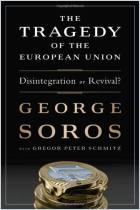
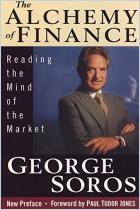


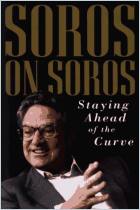
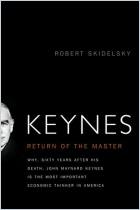
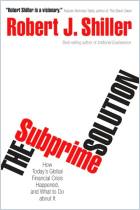
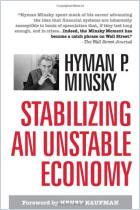
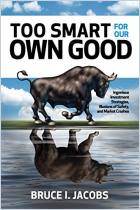
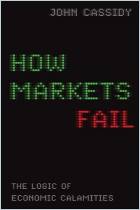


Comment on this summary